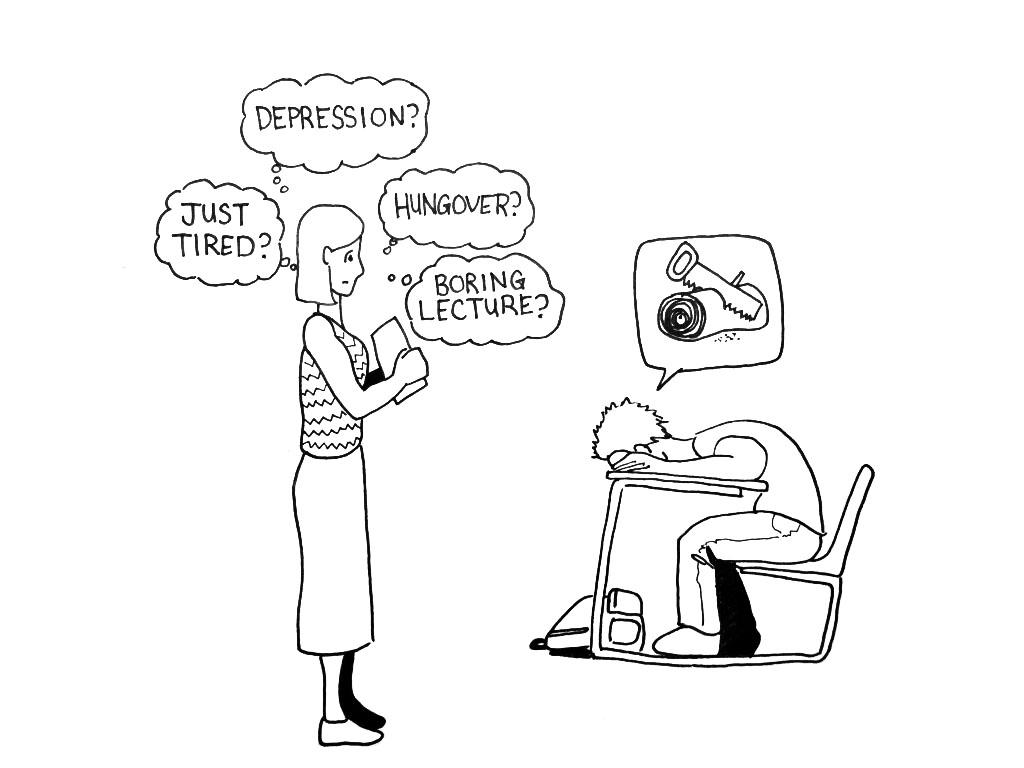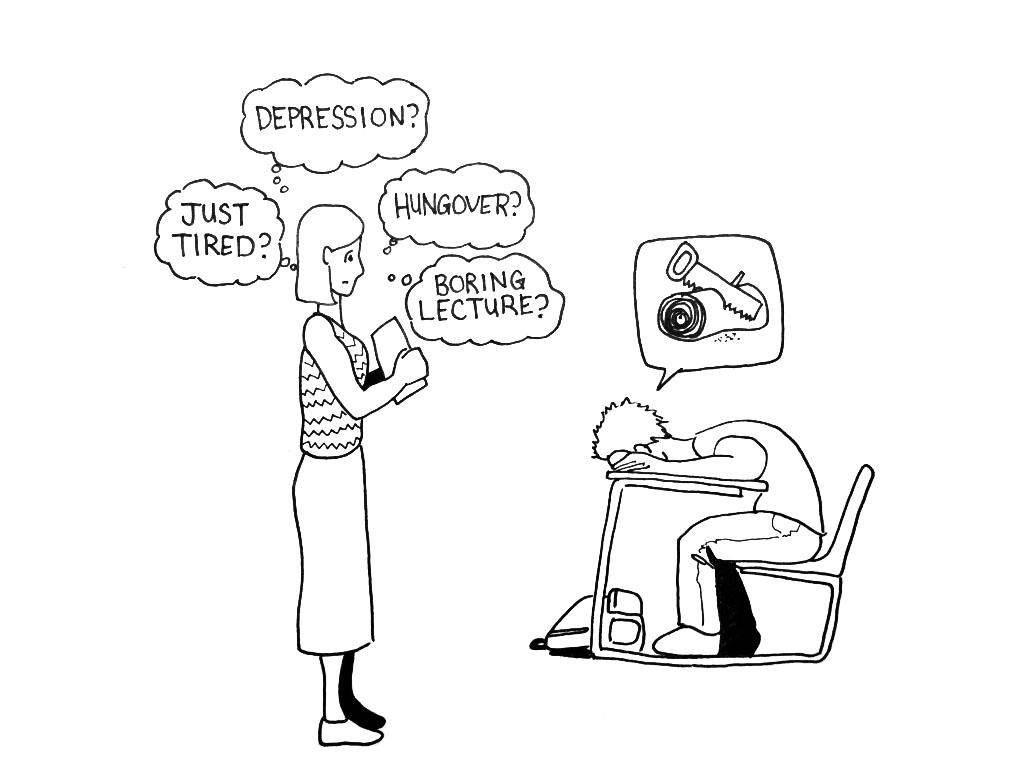College students are often prone to excessive amounts of stress. But what responsibility should universities take in helping these distressed, struggling students? This is where the newly-implemented Red Folder Initiative comes into play.
This initiative is said to help Sonoma State University faculty and administration recognize students who display self-harm or distressed behavior. The question of the initiative’s effectiveness is debatable, but hopefully it will have the intended positive effect on campus.
Many students struggle with the stress and pressure of college, and the responsibilities they’re expected to take on. The problem with stress comes when students don’t know what to do or where to go when it becomes unhealthy.
The Red Folder Initiative is supposed to teach faculty and non-mental health trained professionals how to recognize signs of distressed or harmful behavior.
According to a study conducted by CSU Northridge, within the last 10 to 20 years college professionals have seen a shift in students counseling needs, from developmental and adjustment to more severe psychological issues ranging from depression to eating disorders.
There’s something to be said about taking classes throughout an academic year, and whether the pressure to succeed is directly linked to a student’s fear of confronting mental health related issues.
In 2010 the National Survey of Counseling Center Directors found a 16 percent increase since 2000 in the amount of college students who seek counseling on campuses for severe psychological problems.
This coincides with a study done by the American College Health Association, which found that 45.6 percent of students reported feeling hopeless, as well as an unfortunate 30.7 percent reported to have severe thoughts of depression.
These statistics may come as a surprise to some, but what do these numbers say about the ever-present underlying issues that seem to plague the world of higher education? Can a program like the Red Folder Initiative really solve such significant problems that lie within college students’ psyche?
The premise of the initiative is to teach faculty how to respond and help students who appear to have distressed or harmful behavior. Is it feasible to think these troubled students would take the help of their professors who see signs of psychological issues? Maybe not, but it’s worth a try.
At the very least the initiative would offer students another route to go to, since finding a teacher or class geared toward creating an open-discussion environment can be hit or miss. For students able to find instructors and advisers they’re comfortable speaking to in general, the results could end up reflecting more positively down the line.
There is an evident problem among college students in the U.S. with stress, depression and related issues. Is the Red Folder Initiative a quick-fix to the problem among California college students, or will it be a failed attempt by university administration?
Time will tell on its effects, but students can only hope it will make a positive change on campuses.





![[Both photos courtesy of sonoma.edu]
Ming-Ting Mike Lee stepped in as the new SSU president following Sakakis resignation in July 2022](https://sonomastatestar.com/wp-content/uploads/2024/04/CC4520AB-22A7-41B2-9F6F-2A2D5F76A28C-1200x1200.jpeg)



























